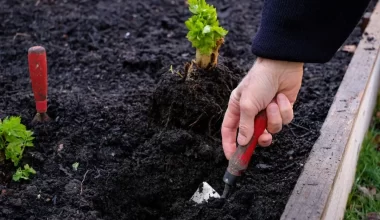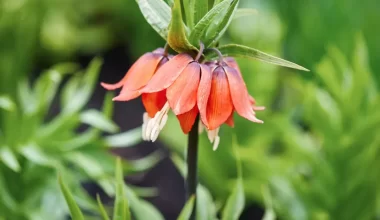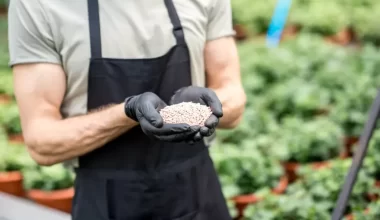Posted on Nov 29, 2023 at 10:00 am by Emily Q
Who said gardening was reserved for spring and summer?
Even during the coldest months, it is possible to grow tasty and nutritious vegetables. In this article, we present you with a selection of vegetables suitable for winter cultivation and give you some tips for successful planting.
Table of Contents
A selection of cold-resistant vegetables
Here is a non-exhaustive list of vegetables capable of withstanding low temperatures:
- Cabbage: kale, Brussels sprouts, red cabbage or green cabbage, these robust vegetables tolerate the cold well.
- Leek: ideal for soups and stews, leeks can be harvested throughout the winter.
- Beetroot: this colorful root can be grown all year round and can be stored for several months.
- Parsnip: this root vegetable with a sweet and sugary flavor can remain in the ground until it is time to enjoy it.
- Salsify: with its delicate flavor reminiscent of oysters, salsify is an excellent choice to vary the pleasures of the vegetable garden.
- Carrot: some varieties, such as ‘Nantes’ or ‘Rothild’, are more resistant to cold and can be grown in winter.
- Spinach: this leafy vegetable rich in vitamins and minerals is easy to grow and can even grow under the snow.
Some tips for successful winter vegetable planting
To increase your chances of success when planting your winter vegetables, here are some tips:
- Choose suitable varieties: prioritize vegetables that tolerate cold and frost, and find out about varieties specifically adapted to your region.
- Sow at the right time: to allow your vegetables to develop before the first frost, sow them between September and November. Sowing in a nursery also allows better control of their growth before transplanting them into the ground.
- Prepare the soil: work well-drained soil rich in organic matter to ensure good growth for your vegetables. Also consider providing protection against the cold, such as mulching or a plastic tunnel.
- Harvest at the right time: some winter vegetables keep better in the ground than in a cellar or refrigerator. Harvest them as you need them to enjoy them at their best.
The advantages of growing winter vegetables
In addition to allowing you to enjoy fresh and tasty vegetables all year round, growing winter vegetables has several advantages:
- Diversify your diet: winter vegetables are rich in vitamins, minerals, and fiber, essential for a balanced diet.
- Promote biodiversity: by cultivating different varieties of vegetables, you contribute to preserving species diversity and attracting more beneficial insects to your garden.
- Reduce waste: by harvesting your vegetables as you need them, you avoid waste and losses associated with storage.
Now that you know the basics of winter gardening…
All that’s left is to put on your gloves and take care of your vegetable garden throughout the year! Growing winter vegetables is a pleasant and rewarding activity that will not only allow you to enjoy fresh produce even during the coldest months but also improve the overall health of your garden. So, don’t wait any longer to plant these wonderful cold-resistant vegetables!









